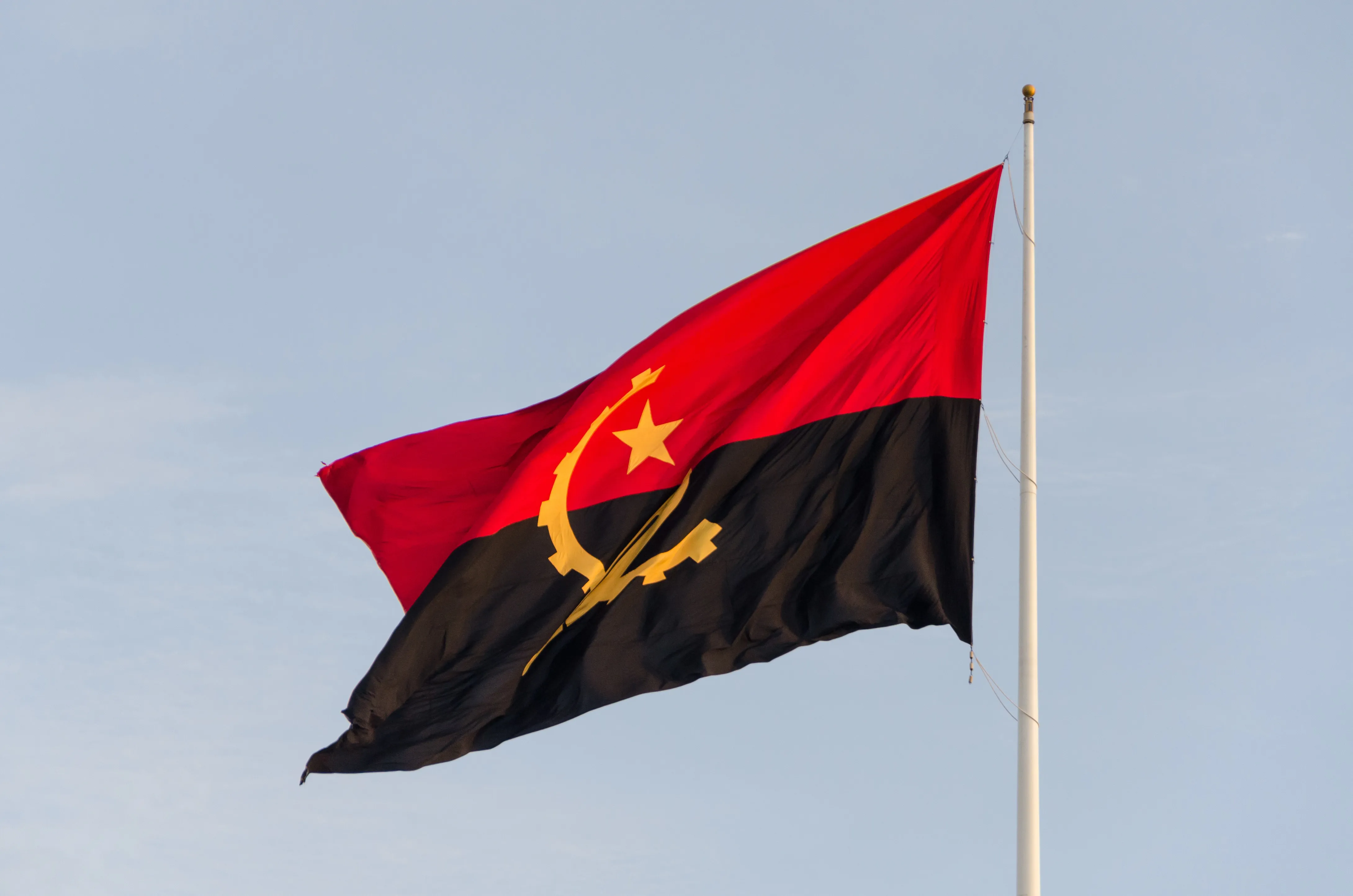-
CENTRES
Progammes & Centres
Location
Will Angola be able to develop its economy by improving governance, rooting out corruption, and rebalancing its relationship with China and the West?

Angola, a mineral-rich country in southern Africa, is a classic case of ‘resource curse’. The country has often been described as the ‘world’s richest poor country’ because its mineral wealth has not contributed to the well-being of its population which lives in abject poverty. About 49.9 percent of the population currently lives below the international poverty line of US$1.90 a day. The literature on ‘resource curse’ or the ‘problem of plenty’ shows that due to the absence of strong institutions, most richly endowed poor countries typically fall prey to corruption, conflict, and over-dependence on the abundant resource. Angola falls perfectly into this trap. During the years of civil war, the two warring factions, the MPLA (Marxist Popular Movement for the Liberation of Angola) and UNITA (National Union for the Total Independence of Angola) used resource rents to continue the war. The MPLA controlled Angola’s oil revenue while the UNITA dominated the country’s diamond reserves in the hinterland. After the end of the civil war, the MPLA government established close links with the Chinese government to rebuild the war-torn country and increased its oil exports dramatically. The country experienced high rates of economic growth between 2002 to 2013 but the fruits of economic growth were largely captured by the Angolan elite led by President Dos Santos and his family while the bulk of the country’s population was untouched by the country’s growth story. The Angolan economy is currently in deep economic distress and the current President, João Lourenço, is trying to improve governance, root out corruption, and rebalance its relationship with China and the West. But will he be able to end the country’s woes?
China–Angola relations became the talking point in the 2000s and the country was regarded as the poster child of Chinese influence in Africa until recently. After the civil war ended in 2002, the Angolan government approached the international donor community for funds to rebuild the country. However, its talks with the IMF failed as the Angolan government did not agree to IMF’s Poverty Reduction Strategy Plans (PRSPs) and Staff Monitored Programmes (SMPs). China, on the other hand, agreed to provide massive sums for the reconstruction of the country without any conditionalities. As a result, the Angolan government turned to China and signed the Framework for agreement in 2003. China provided the first major credit line of US$ 2 billion for public infrastructure projects in 2004 at a concessional interest rate of LIBOR plus 1.5 percent, payable in 12 years with a grace period of three years. The Angolan government agreed to provide 10,000 barrels of oil per day to China. Subsequently, the China EXIM Bank extended several such oil-backed credit lines to Angola. Most studies suggest that Angola is the top recipient of Chinese infrastructure and China has extended loans worth US$ 43 billion till date. Given the opacity associated with China-Angola deals, the actual figures may be even higher.
The Angolan economy is currently in deep economic distress and the current President, João Lourenço, is trying to improve governance, root out corruption, and rebalance its relationship with China and the West. But will he be able to end the country’s woes?
On account of high commodity prices and a rapid increase in oil production, Angola experienced high rates of economic growth between 2002 to 2013. China quickly emerged as Angola’s top trading partner and by 2013, China imported nearly 45 percent of Angolan oil. Angola made significant progress in rebuilding its infrastructure networks through Chinese funds. However, Chinese loans have become a contentious issue in Angola today.
Firstly, Chinese credit was heavily tied to the use of Chinese companies and goods. The Angolan government led by President Dos Santos subverted the country’s local content policy to aid the Chinese companies in Angola. As a result, these projects did not create jobs for the local population. Secondly, Chinese infrastructure projects eventually became synonymous with corruption and poor governance. The President introduced parallel forms of government like the GRN to manage Chinese projects which were accountable only to him. The President’s family, friends and officials close to him who occupied key positions and managed Chinese credit lines enriched themselves while the common Angolan citizens gained little. Angolan journalist Raphael Marques deMorais called the former President Angolan President the ‘epicentre of corruption’. Thirdly, the decline in oil prices and the decline in oil production made the oil-backed loans unsustainable and has hurt the Angolan economy very badly because the country has very little oil to sell in the global market after servicing its debt to Chinese banks and that too at much lower prices.
Both China and Angola have burnt their fingers in this case. While the Angolan government finds Chinese loans unsustainable, China finds that it has overexposed itself in Angola.
Since the exit of President Dos Santos’ in 2017, his successor, João Lourenço, has tried to improve governance and root out corruption. Laurenco was also very critical of the agreements which were signed with China under the Dos Santos administration and has cancelled some agreements signed under the previous regime, arrested key officials close to the previous government, and is looking for partners other than China.
Both China and Angola have burnt their fingers in this case. While the Angolan government finds Chinese loans unsustainable, China finds that it has overexposed itself in Angola. Rampant corruption in Chinese projects has also hurt China’s image. Moreover, China never had it easy in the Angolan oil market which was always dominated by western companies. Several scholars Carvalho, Kopinski, and Taylor have pointed out that guarding its sovereignty by diversifying its foreign partners is an essential feature of Angola’s foreign policy. But cancellation or renegotiation of contracts signed under the previous regime or punishment of corrupt officials favoured by the previous government alone will not bring about lasting changes in the governance. The key question is whether Angola can learn from its past mistakes, manage its resources better, and diversify its economy in the coming years. Countries which are critically dependent on natural resources are fundamentally fragile. British economist, Paul Collier, asserts that countries need not repeat their past mistakes and can learn to manage their resources better. He gives the examples of Malaysia and Botswana, countries which have successfully diverted the revenues from natural resources to investments in manufacturing. Much depends on the political will of the current government. While it is easy to punish opponents and arrest the former President’s family and allies, it is tougher to actually run a transparent government. Laurenco’s government hasn’t been devoid of corruption scandals. Recently, the Angolan Transport Minister has been accused of favouring his friend, Rui Oscar Ferreira Santos Van-Dunem in a property deal worth US$ 91 million. The country is currently headed for elections. Some of the main priorities for the new government should be to introduce transparency in governance, especially in the resource sectors and economic diversification.
The views expressed above belong to the author(s). ORF research and analyses now available on Telegram! Click here to access our curated content — blogs, longforms and interviews.

Dr Malancha Chakrabarty is Senior Fellow and Deputy Director (Research) at the Observer Research Foundation where she coordinates the research centre Centre for New Economic ...
Read More +